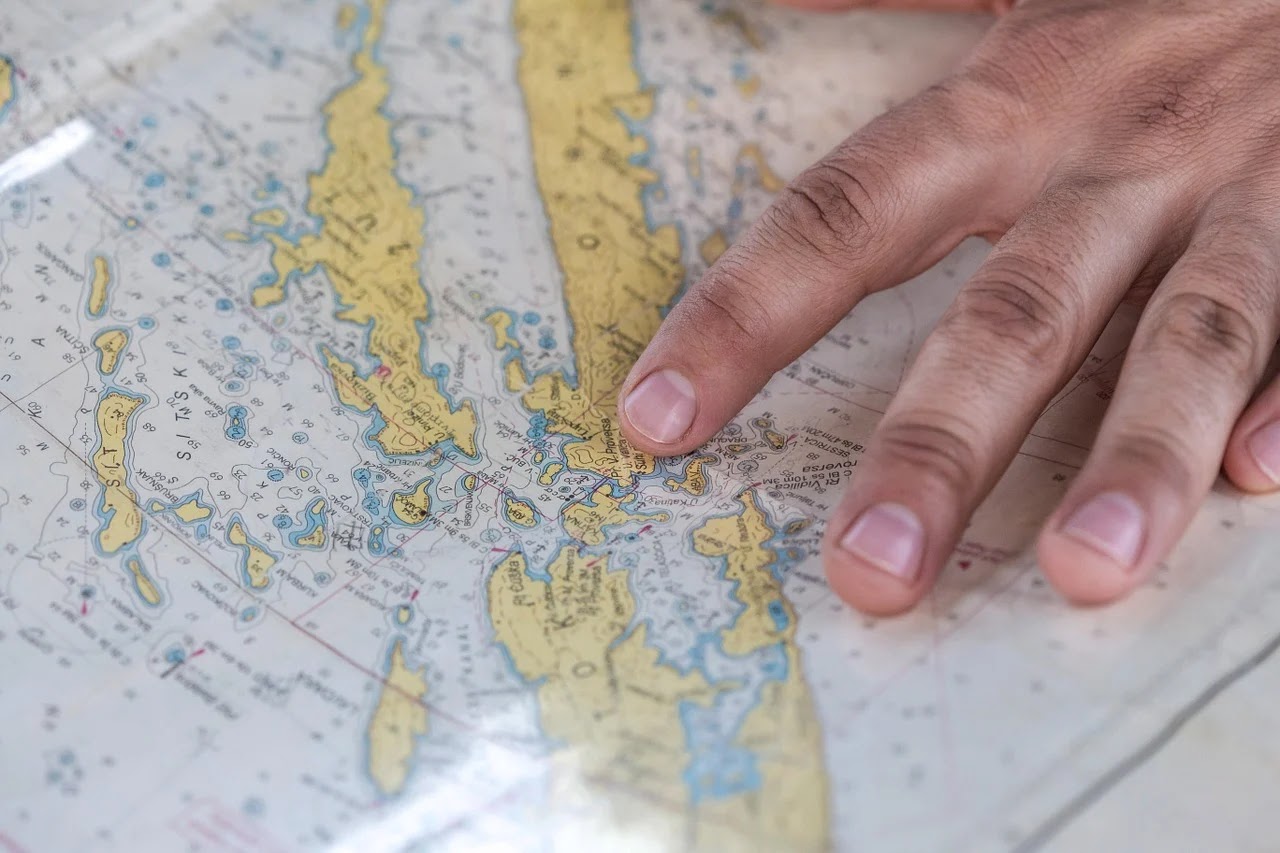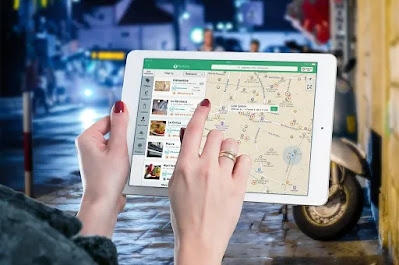Geography is a very old territorial and social science that has always been academically associated with the History and the description of the Earth, with the sole purpose of divulgation and teaching.
Until today, and in a very simplified way, it can be summarized that geographers during their university studies touch many topics above, but without specializing in any one in particular. For this reason, the geographer has a general spatial vision of the territory although he does not delve into all aspects of it.
But recently, Geography has been evolving and adapting to the problems it is trying to tackle, which is why it is increasingly linked to territorial planning, which is really its current academic and work purpose. And it is that geographers analyze all the factors that occur in a territory, physical and human, either on a local or global scale, to give proposals and solutions to conflicts that exist over them continuously.
Hence, in Geography degrees in universities around the world subjects such as: economic geography, political geography, social geography, tourism geography, environmental geography, urban geography, rural geography, biogeography, geomorphology, climatology, geomarketing, etc... and that later there are postgraduate programs, depending on the country, of specialization where each field is deepened.
In addition, the branch of Cartography stands out. This has historically been the work tool and the greatest specialization of geographers, which today is linked to new technologies and the one that offers the greatest job opportunity both in the private and public sectors. Thus, digital cartography or geographic information systems are in continuous evolution and require the geographer to be always up to date on the matter.
The work of geographers in the XXI century.
The geographer has a great advantage over other disciplines, firstly the ability to adapt to many jobs related to geography, and secondly, the mentality to work on something that satisfies him and in which it is important to contribute something to society, such as social science that it is geography, rather than thinking only about making money.
And for this, it is not necessary that the job is specific to a geographer, something that most companies do not offer. However, within all the sectors that geography can encompass as territorial and social science, the geographer with a little extra training can contribute a lot.
It must be taken into account that the geographer encounters several difficulties when accessing the labor market for specific jobs with their training:
1. Job positions in the public sector (outside the universities) that are more specific for geographers (local development, land concentrations, urban plans ...) are held by other professionals, or they hardly exist in those administrations for which they do not importance is given to the management of the territory.
2. In the private sector, specific paid jobs are the most difficult to obtain, since there is currently little work and many graduates, they require people with experience and a lot of training or they are precarious and poorly paid. (Environmental consultants, geographic information technologies, etc...)
Thus, a geographer can work in non-specific areas of academic geography, such as a specialist in tourism marketing in a hotel, or in a transport and delivery company managing databases of customers and deliveries, in which he will always have to have a spatial point of view.
But the most important thing is that, thanks to this territorial and social formation, the geographer can start a business in any sector. For example, a company in rural areas managing accommodation and tourist activities, or marketing agricultural or artisan products, thus contributing to local and environmental sustainable development.
Today the geographer can continue training, doing online courses for example in programming or web design, or face-to-face courses such as organic farming or tourist guides. And also attending conferences and increasing their knowledge to be always updated in a continuously changing and demanding society.
Taking advantage of new technologies and the ease of communicating with thousands of people through the internet and social networks, we can learn, for example, to make a blog like this one and show our vision and our idea of understanding and improving the world, which is our great ability!
And of course, geographers can participate in a multitude of associations related to territorial development (rural or urban), environmental protection, or political and social groupings.
I remember my great experience studying the Master of Sustainable Territorial Planning and Development at the Autonomous University of Madrid, back in 2010. There we met geographers with other students from various disciplines (economists, architects, environmentalists, sociologists ...) who discussed and doing work on territorial problems, each one had a different perspective from their different backgrounds, and all of them contributed enormous ideas to geographers, while we offered points of view and tools that they did not have and that were fundamental to complement the projects in common.
The conclusion was that interdisciplinary teams, in this case to work on territorial issues, but also in any other sector, are fundamental and necessary in any field of work.
Check out these books about Geography







0 Comments